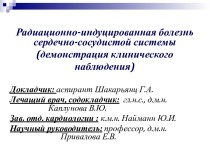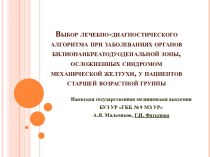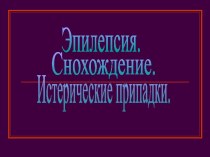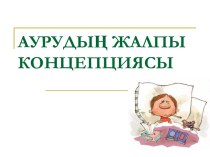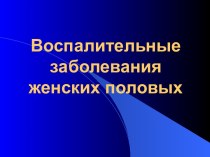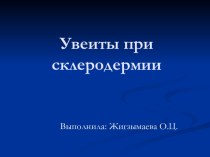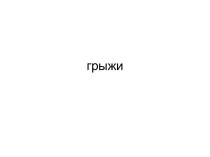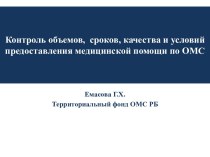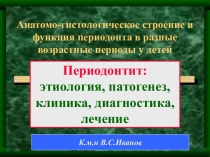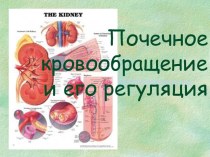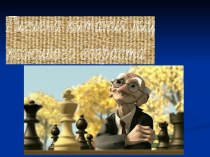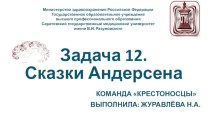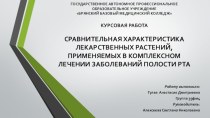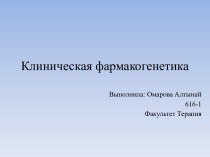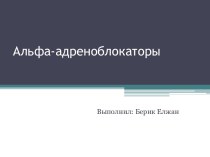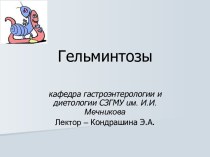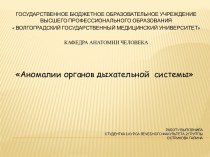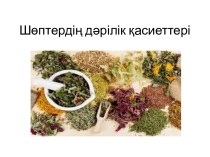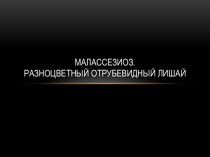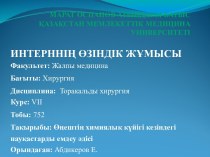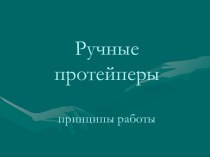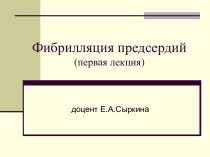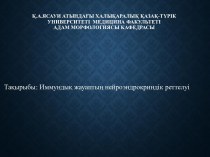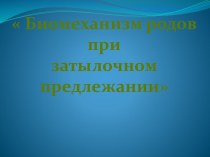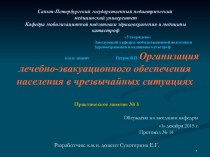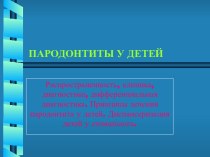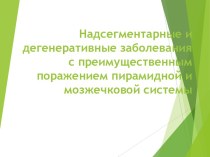- Главная
- Разное
- Бизнес и предпринимательство
- Образование
- Развлечения
- Государство
- Спорт
- Графика
- Культурология
- Еда и кулинария
- Лингвистика
- Религиоведение
- Черчение
- Физкультура
- ИЗО
- Психология
- Социология
- Английский язык
- Астрономия
- Алгебра
- Биология
- География
- Геометрия
- Детские презентации
- Информатика
- История
- Литература
- Маркетинг
- Математика
- Медицина
- Менеджмент
- Музыка
- МХК
- Немецкий язык
- ОБЖ
- Обществознание
- Окружающий мир
- Педагогика
- Русский язык
- Технология
- Физика
- Философия
- Химия
- Шаблоны, картинки для презентаций
- Экология
- Экономика
- Юриспруденция
Что такое findslide.org?
FindSlide.org - это сайт презентаций, докладов, шаблонов в формате PowerPoint.
Обратная связь
Email: Нажмите что бы посмотреть
Презентация на тему Traditional Chinese medicine and ancient. Chinese medical ethics
Содержание
- 3. Traditional Chinese medicineThe Most Influential TextsYin-Yang
- 4. The Most Influential Texts«Yellow Emperor's Canon of Interior Medicine»«Shen Nong's Canon of Herbs»«Compendium of Materia Medica»
- 5. Yin-Yang theoryIn Taoist thought, the Tao, or
- 6. Yin-Yang theoryIn addition to yin and yang,
- 7. Yin-Yang theory
- 8. “Five elements theory”The five-phases theory, somewhat similar
- 9. “Five elements theory”Five Element psychology is based
- 10. Causes of diseasesEndogenous ExogenousIntermediate An endogenous cause
- 11. The human being
- 12. Diagnostic methodsObservation indicates that doctors directly watch
- 13. EducationTai Yi Shu Imperial Academy of Medicine 300 faculties Four departments: internal medicine for adultspediatricsmassage incantation
- 14. Acupuncture
- 15. Acupuncture
- 16. Medical ethics
- 17. Medical ethicsBe erudite in medical knowledge and
- 18. Скачать презентацию
- 19. Похожие презентации
Traditional Chinese medicineThe Most Influential TextsYin-Yang theory“Five elements theory”Causes of diseasesThe human beingDiagnostic methodsEducationAcupunctureMoxibustionDietHerbal remediesMassageTherapeutic exerciseMedical ethics.
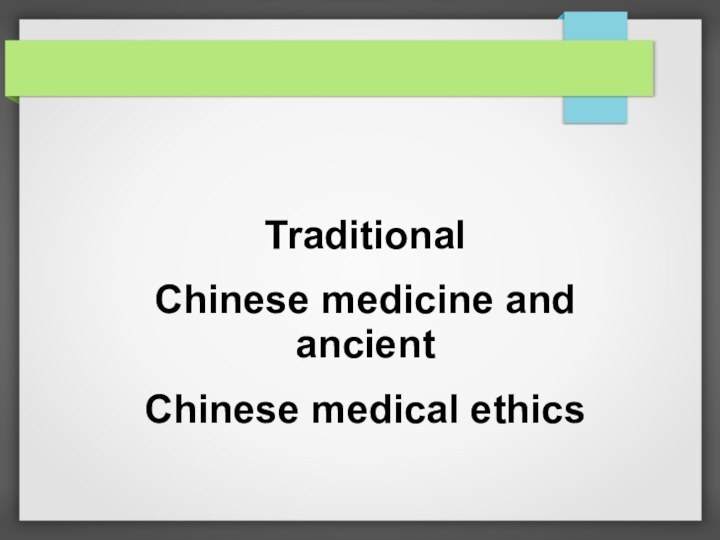
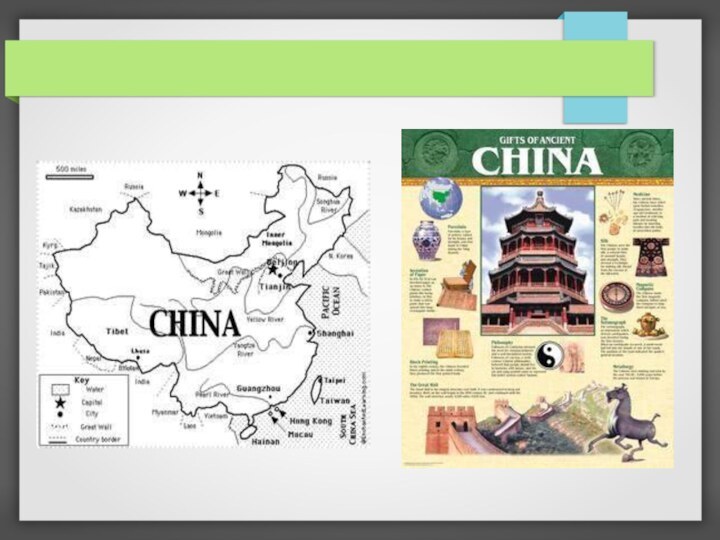
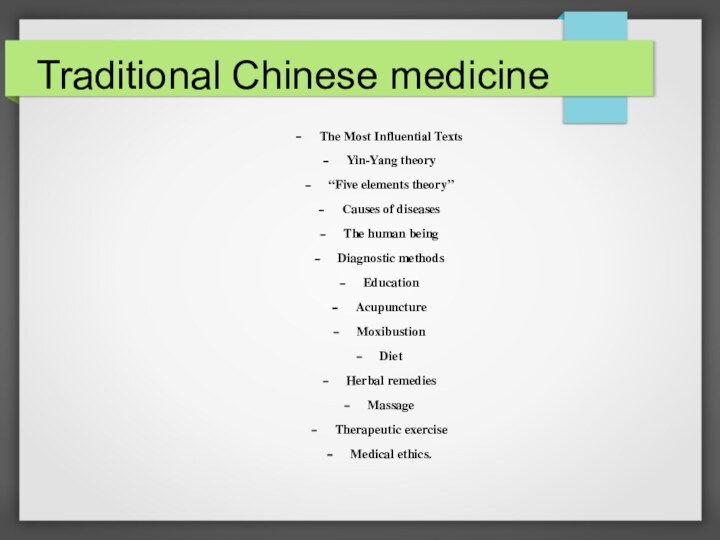
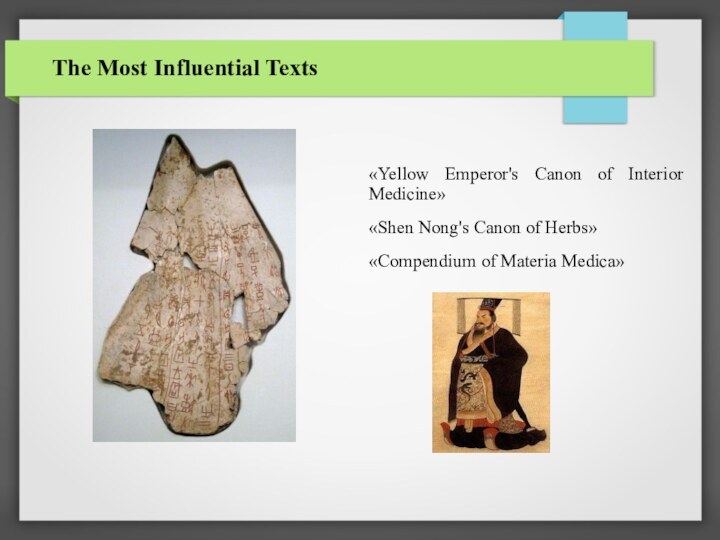
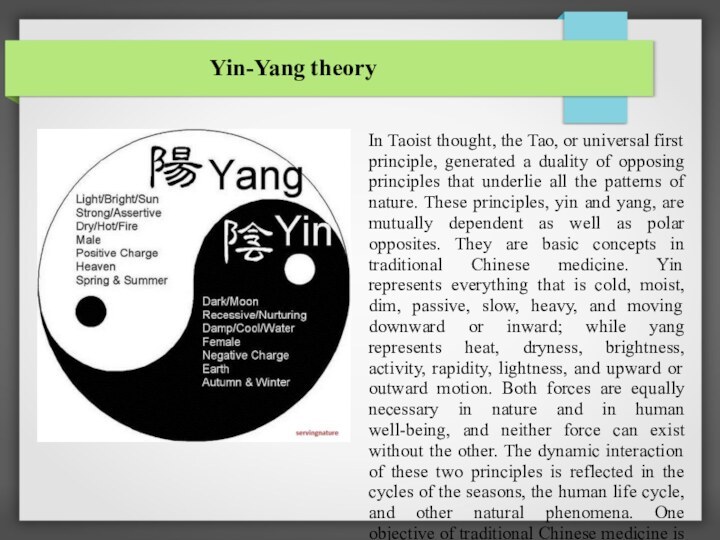
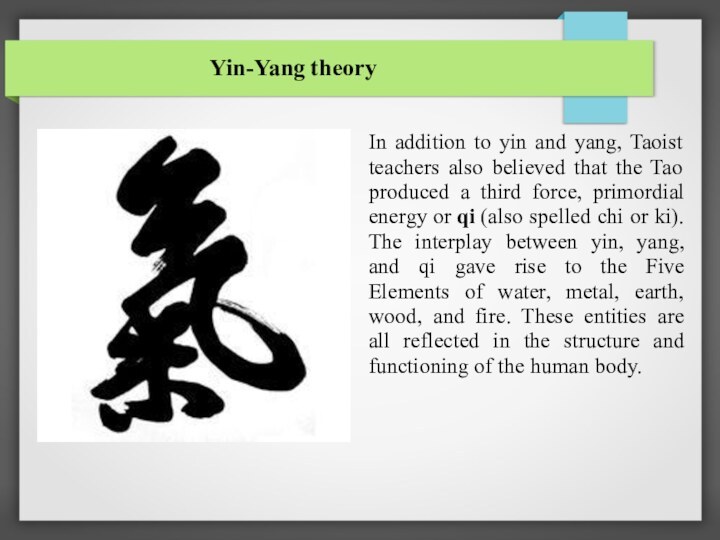
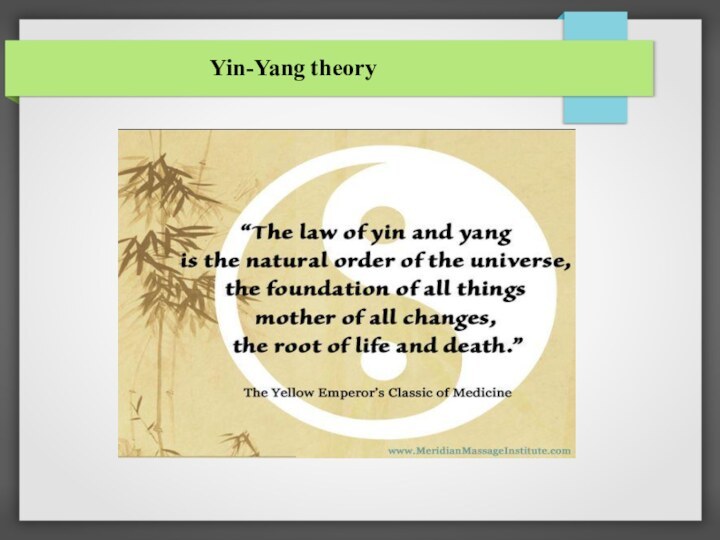
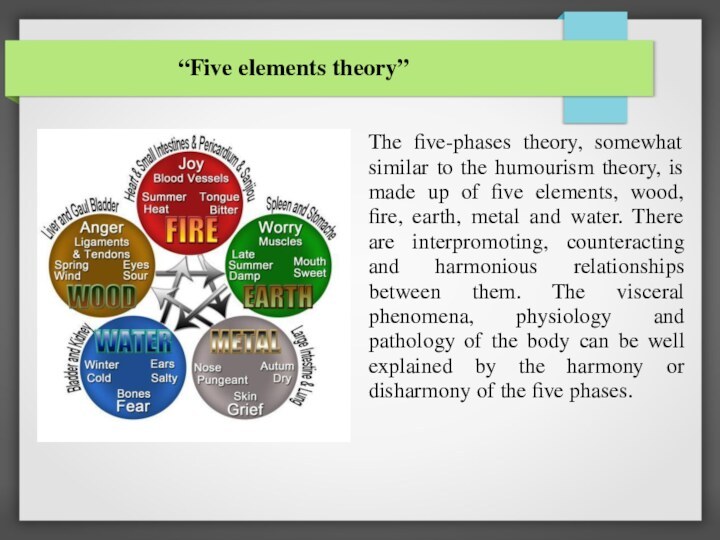
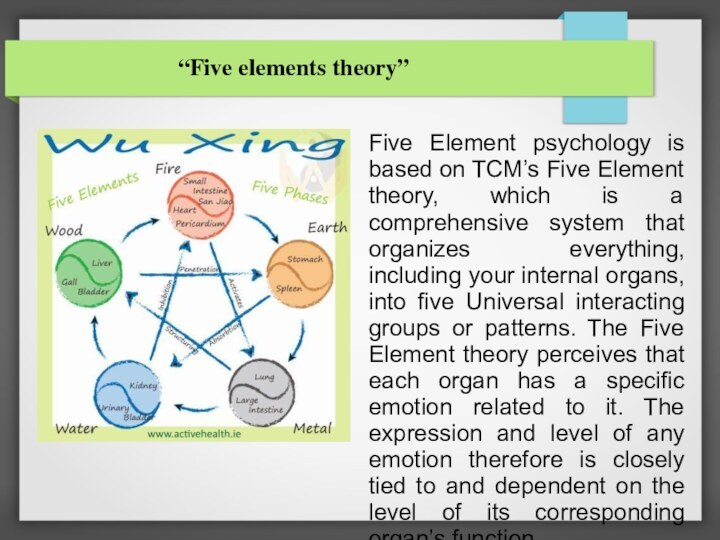
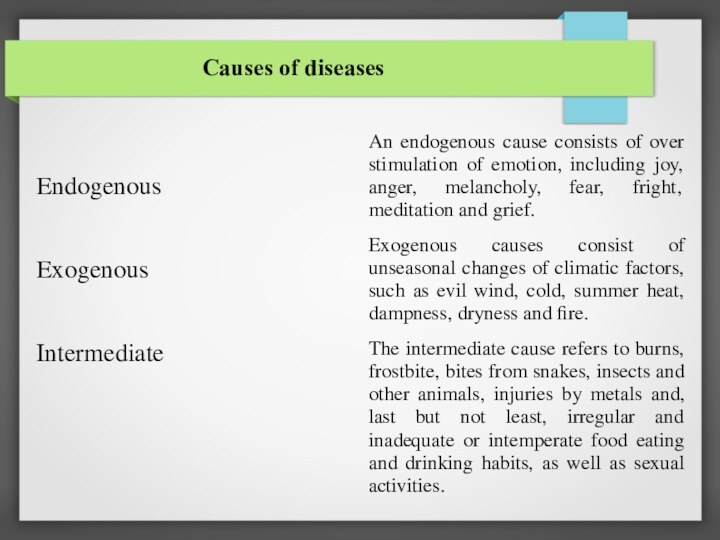
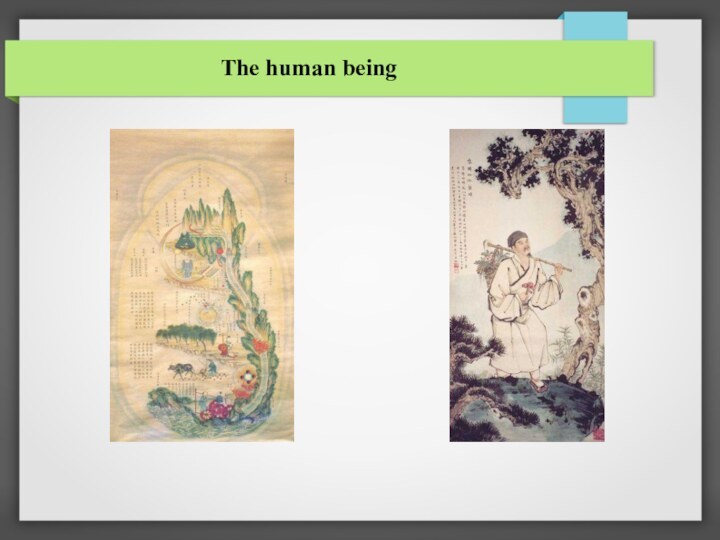
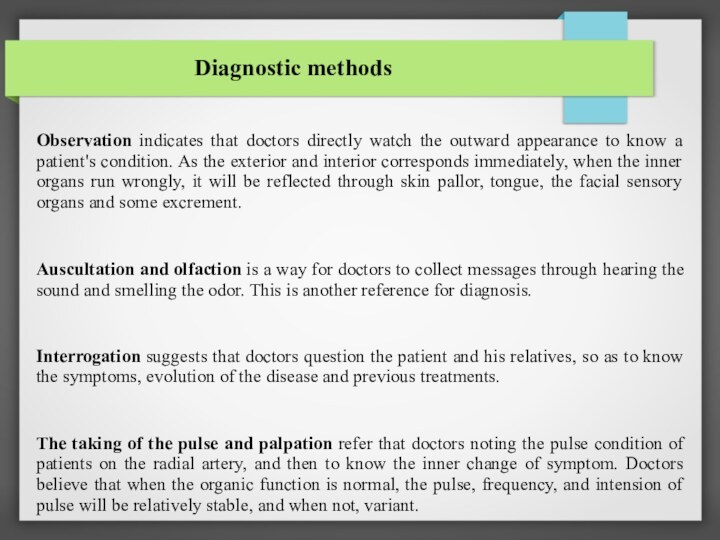
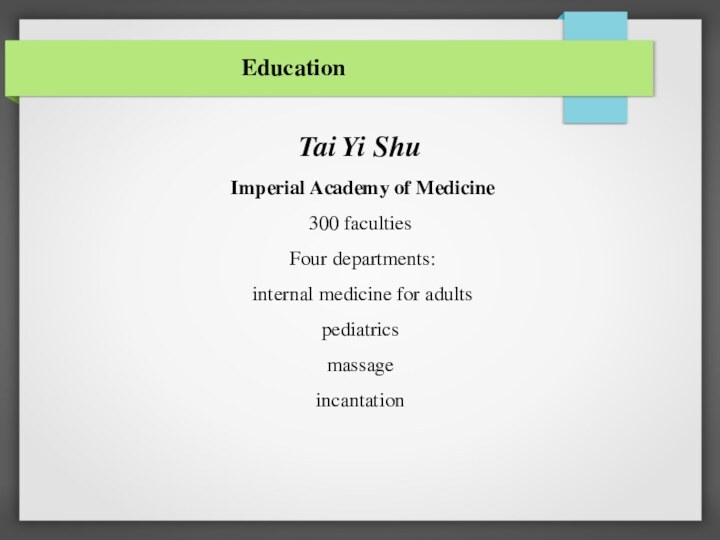
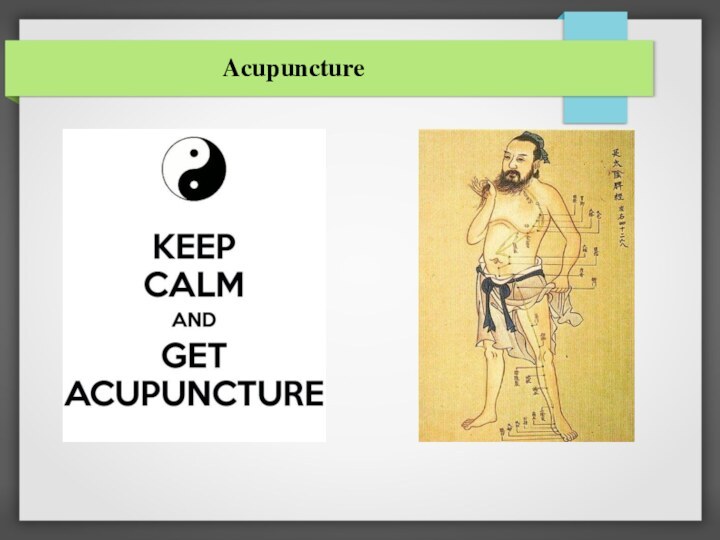
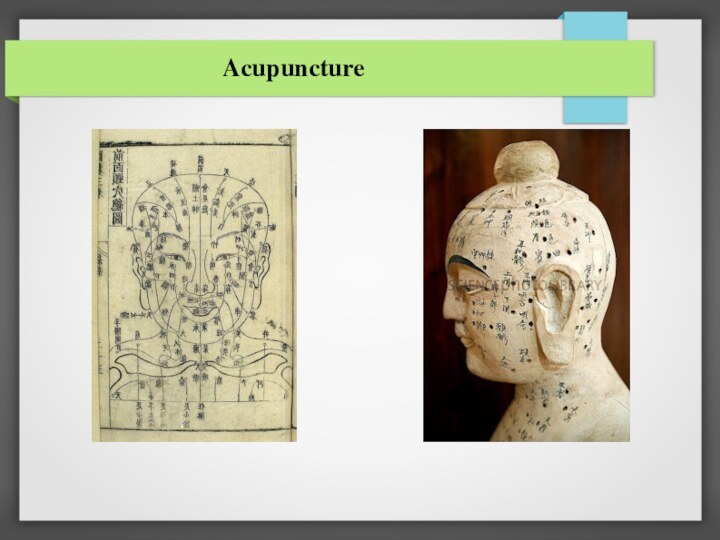
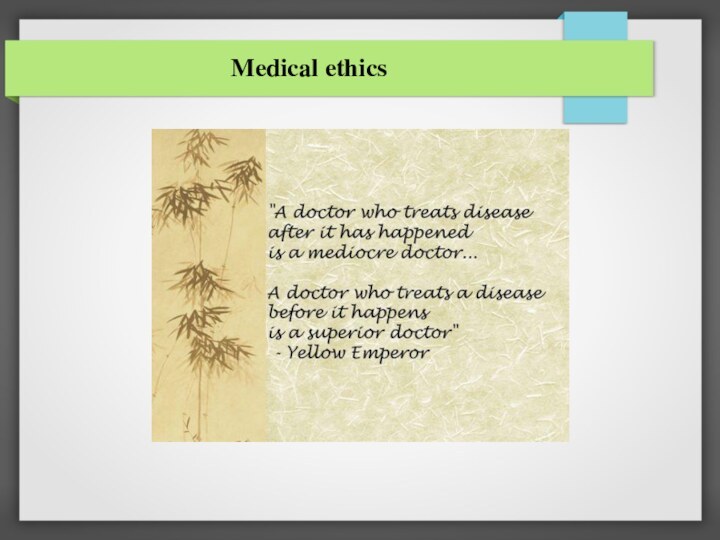
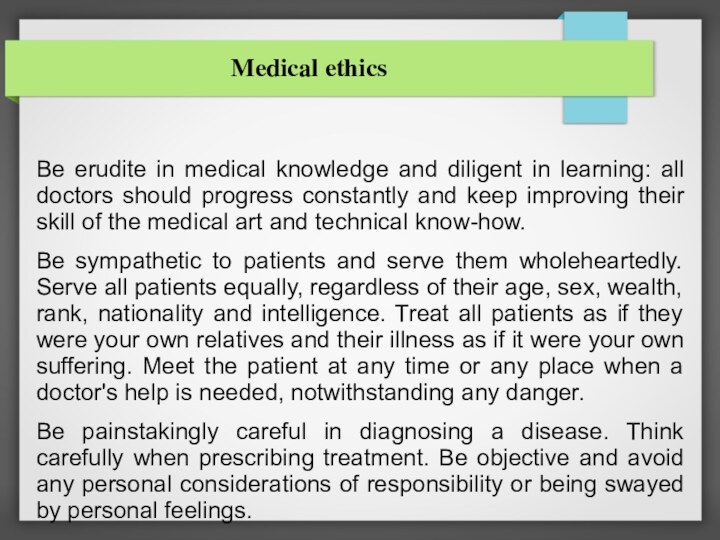

Слайд 4
The Most Influential Texts
«Yellow Emperor's Canon of Interior
Medicine»
«Shen Nong's Canon of Herbs»
«Compendium of Materia Medica»
Слайд 5
Yin-Yang theory
In Taoist thought, the Tao, or universal
first principle, generated a duality of opposing principles that
underlie all the patterns of nature. These principles, yin and yang, are mutually dependent as well as polar opposites. They are basic concepts in traditional Chinese medicine. Yin represents everything that is cold, moist, dim, passive, slow, heavy, and moving downward or inward; while yang represents heat, dryness, brightness, activity, rapidity, lightness, and upward or outward motion. Both forces are equally necessary in nature and in human well-being, and neither force can exist without the other. The dynamic interaction of these two principles is reflected in the cycles of the seasons, the human life cycle, and other natural phenomena. One objective of traditional Chinese medicine is to keep yin and yang in harmonious balance within a person.
Слайд 6
Yin-Yang theory
In addition to yin and yang, Taoist
teachers also believed that the Tao produced a third
force, primordial energy or qi (also spelled chi or ki). The interplay between yin, yang, and qi gave rise to the Five Elements of water, metal, earth, wood, and fire. These entities are all reflected in the structure and functioning of the human body.
Слайд 8
“Five elements theory”
The five-phases theory, somewhat similar to
the humourism theory, is made up of five elements,
wood, fire, earth, metal and water. There are interpromoting, counteracting and harmonious relationships between them. The visceral phenomena, physiology and pathology of the body can be well explained by the harmony or disharmony of the five phases.
Слайд 9
“Five elements theory”
Five Element psychology is based on
TCM’s Five Element theory, which is a comprehensive system
that organizes everything, including your internal organs, into five Universal interacting groups or patterns. The Five Element theory perceives that each organ has a specific emotion related to it. The expression and level of any emotion therefore is closely tied to and dependent on the level of its corresponding organ’s function.Liver is associated with Anger
Heart is associated with Joy
Spleen is associated with Worry
Lung is associated with Grief
Kidney is associated with Fear
Слайд 10
Causes of diseases
Endogenous
Exogenous
Intermediate
An endogenous cause consists
of over stimulation of emotion, including joy, anger, melancholy,
fear, fright, meditation and grief.Exogenous causes consist of unseasonal changes of climatic factors, such as evil wind, cold, summer heat, dampness, dryness and fire.
The intermediate cause refers to burns, frostbite, bites from snakes, insects and other animals, injuries by metals and, last but not least, irregular and inadequate or intemperate food eating and drinking habits, as well as sexual activities.
Слайд 12
Diagnostic methods
Observation indicates that doctors directly watch the
outward appearance to know a patient's condition. As the
exterior and interior corresponds immediately, when the inner organs run wrongly, it will be reflected through skin pallor, tongue, the facial sensory organs and some excrement.Auscultation and olfaction is a way for doctors to collect messages through hearing the sound and smelling the odor. This is another reference for diagnosis.
Interrogation suggests that doctors question the patient and his relatives, so as to know the symptoms, evolution of the disease and previous treatments.
The taking of the pulse and palpation refer that doctors noting the pulse condition of patients on the radial artery, and then to know the inner change of symptom. Doctors believe that when the organic function is normal, the pulse, frequency, and intension of pulse will be relatively stable, and when not, variant.
Слайд 13
Education
Tai Yi Shu
Imperial Academy of Medicine
300 faculties
Four departments:
internal medicine for adults
pediatrics
massage
incantation
Слайд 17
Medical ethics
Be erudite in medical knowledge and diligent
in learning: all doctors should progress constantly and keep
improving their skill of the medical art and technical know-how.Be sympathetic to patients and serve them wholeheartedly. Serve all patients equally, regardless of their age, sex, wealth, rank, nationality and intelligence. Treat all patients as if they were your own relatives and their illness as if it were your own suffering. Meet the patient at any time or any place when a doctor's help is needed, notwithstanding any danger.
Be painstakingly careful in diagnosing a disease. Think carefully when prescribing treatment. Be objective and avoid any personal considerations of responsibility or being swayed by personal feelings.
Be solemn in one's conduct without making any personal demands: no humor, demands for money, or sexual issues should be raised.
Be respectful to one's tutor and profession. Avoid any arrogance and rashness. Do not criticize other doctors' skill or conduct in the presence of a patient. Do not be arrogant about one's own achievement. Learn from other doctors to ensure one's own progress, only charlatans are jealous of other doctor's superb skills.
